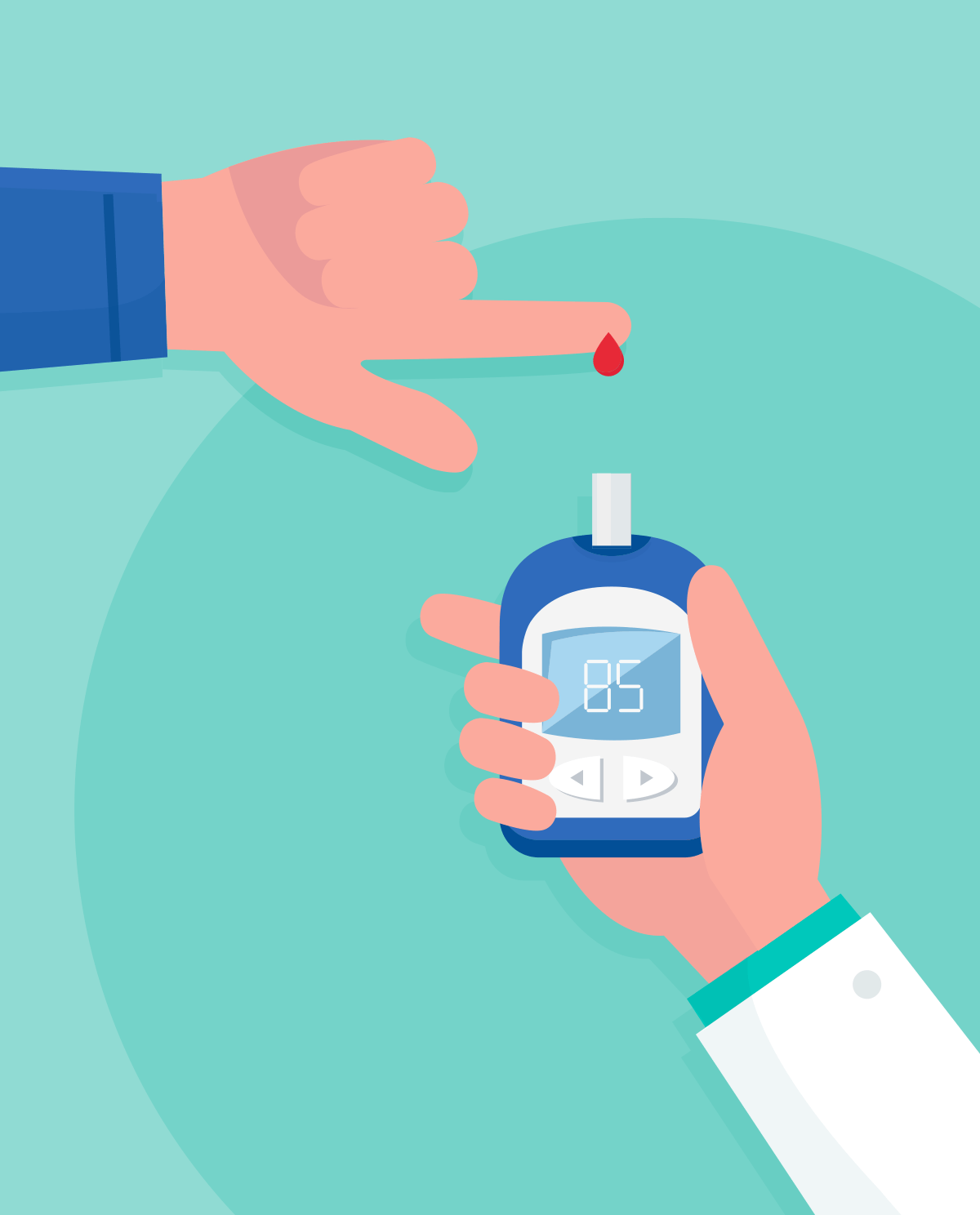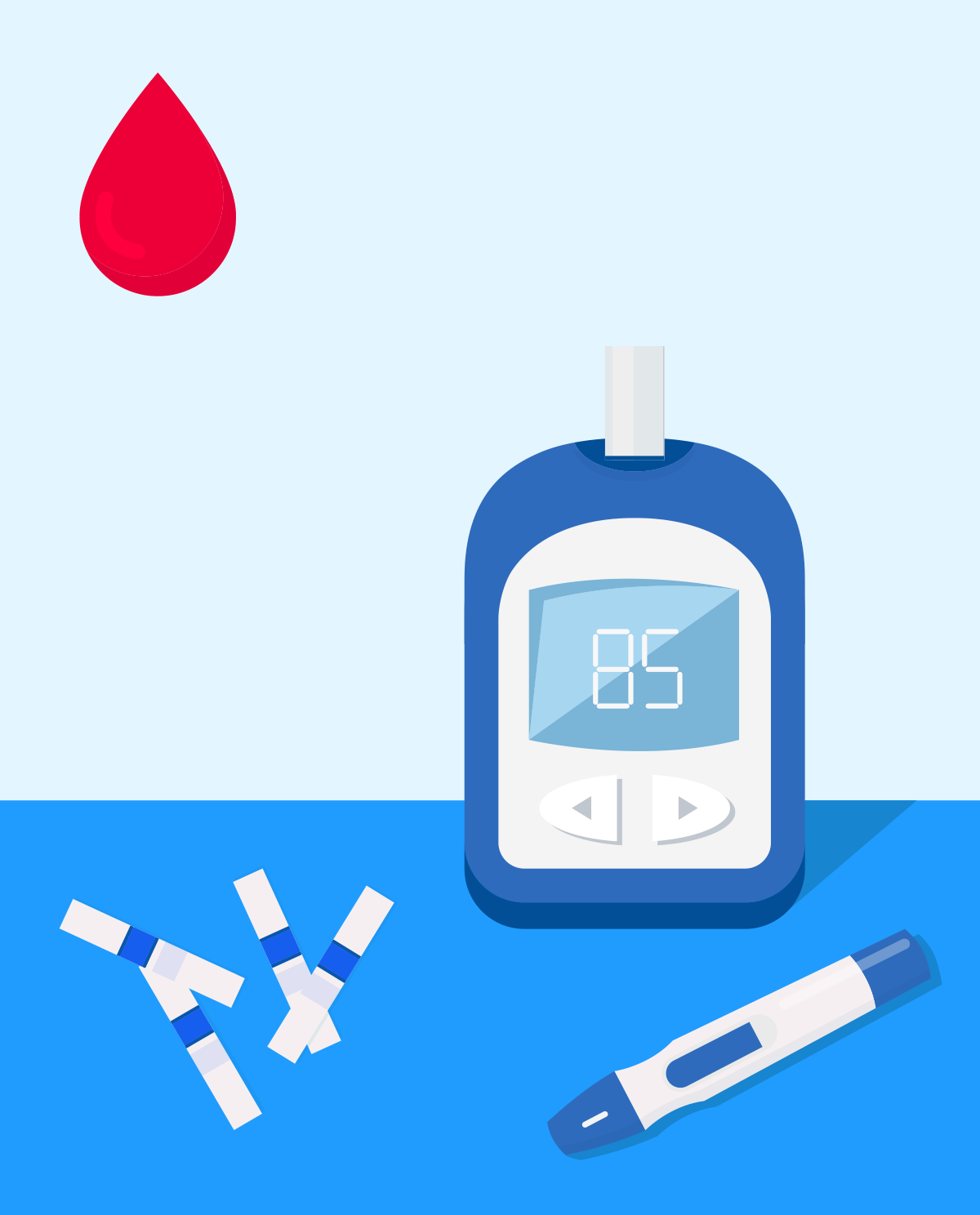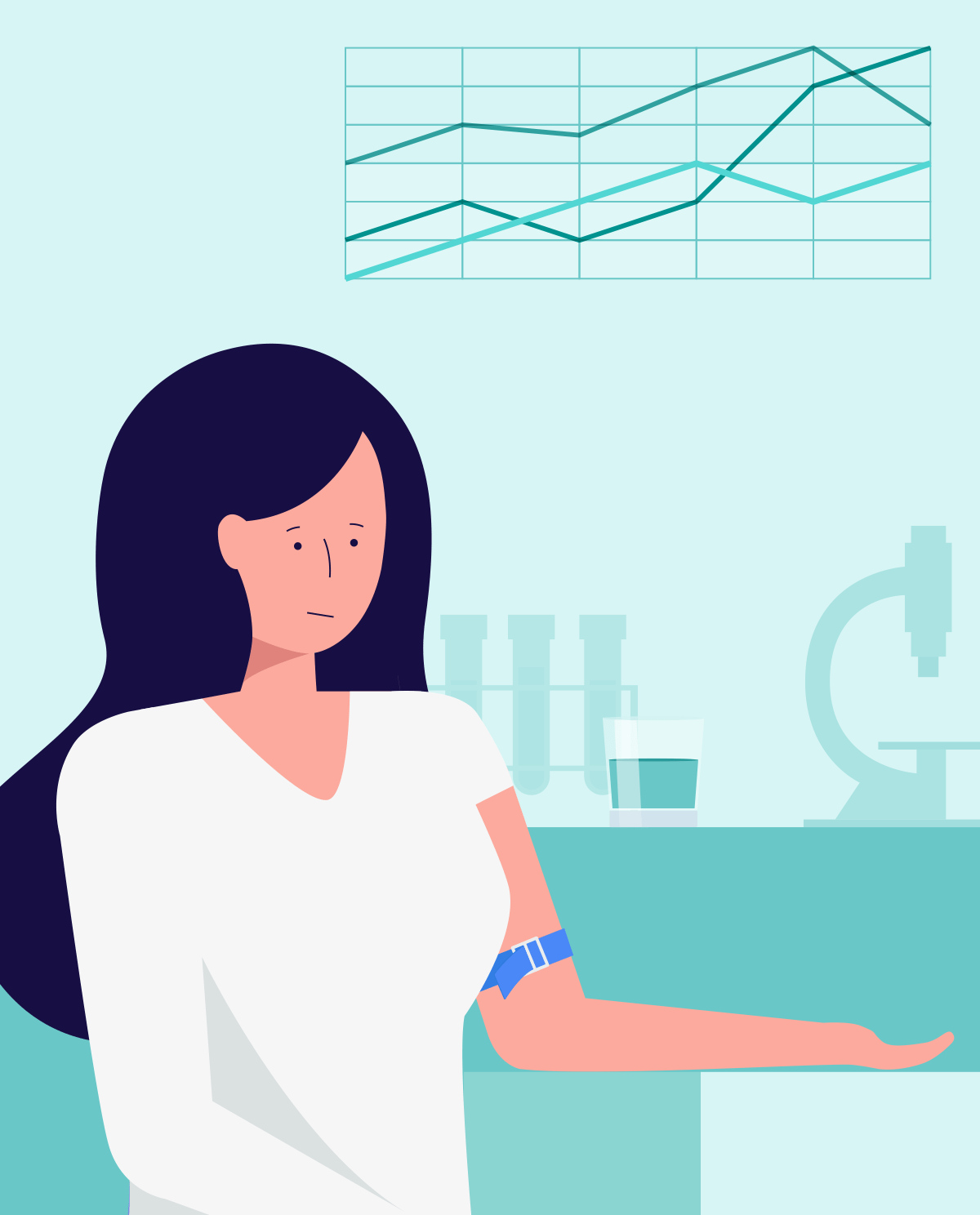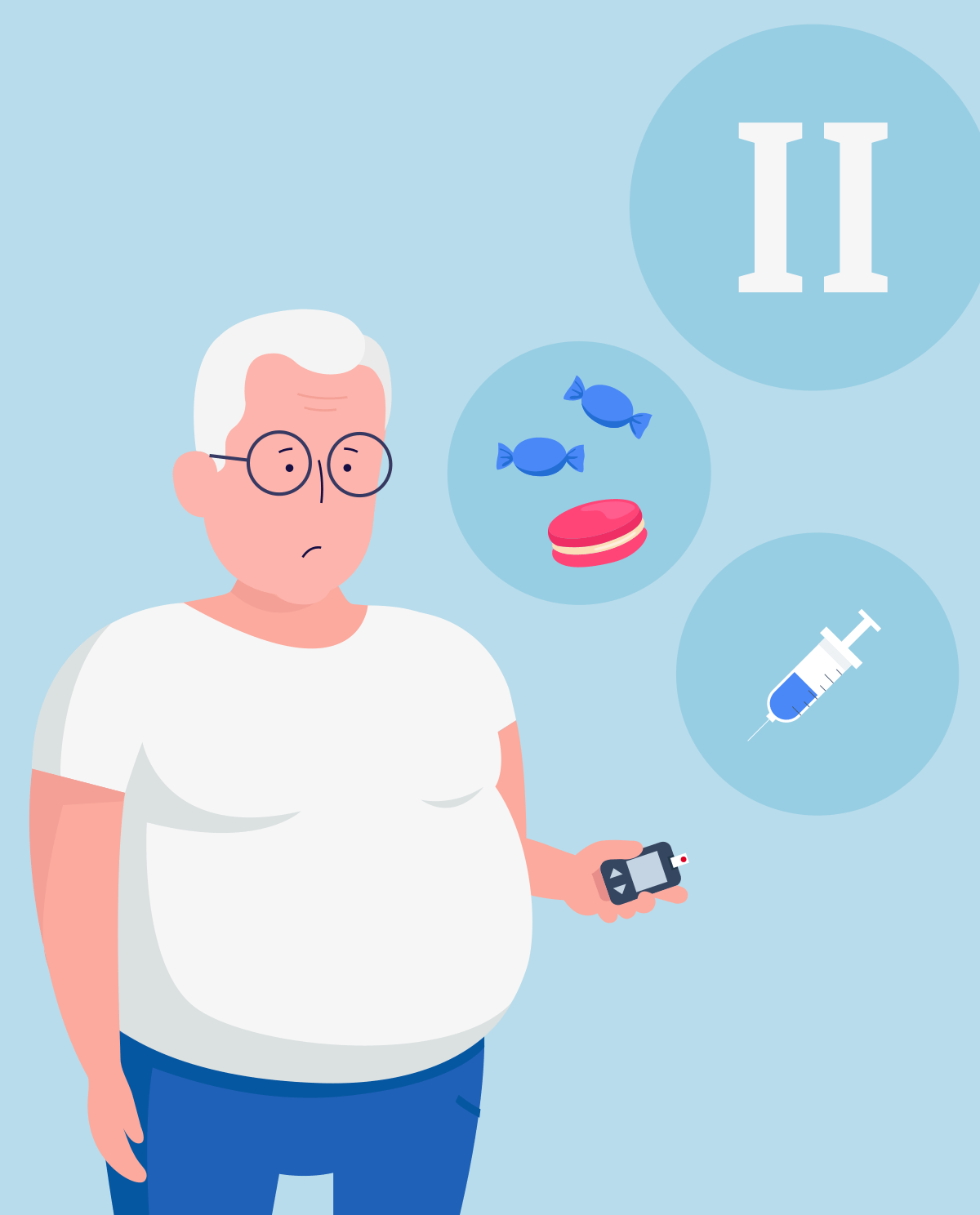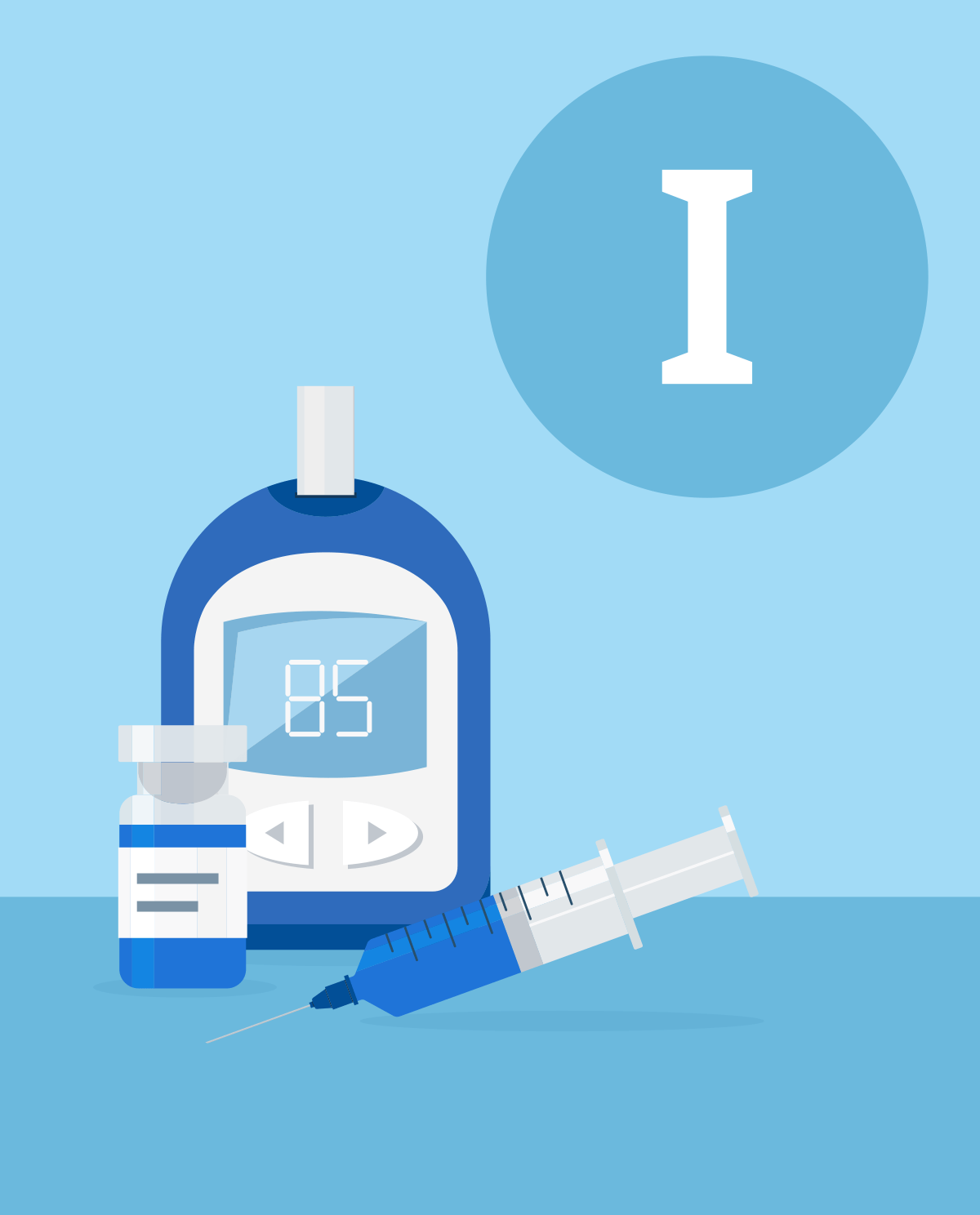First aid for children and babies - how can you ensure their safety?
Learning basic first aid skills which might save a human life is paramount, and yet often neglected. In unexpected situations, we would give a lot to know how to help a child who is choking, burned, dealing with a nosebleed or loss of consciousness. However, in such cases, the most valuable commodity is time, so it's worth knowing how to behave and how to effectively perform first aid.







